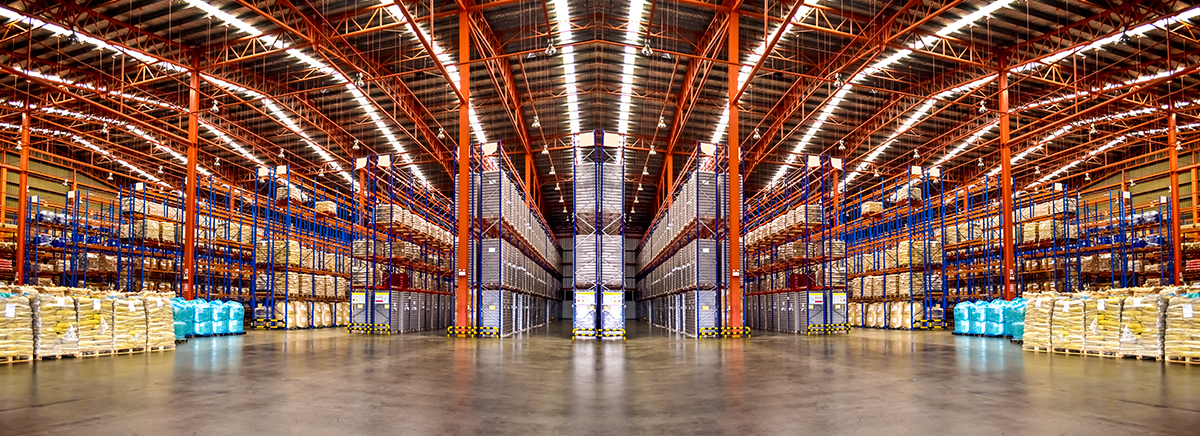Dave Emsley, Head of Public Sector Tail Spend Services from OT Group Limited explores how the world has woken up to an urgent need to be greener, outlining five key ways to bring sustainability and social value to your supply chain
The global pandemic has revived the hope that a more sustainable future is within our grasp – so long as we come together. Through an explicit lack of adaptability and resilience, as well as arresting imagery revealing the dramatic decline in air pollution in the absence of commuters, the crisis unearthed headwinds that have since spurred a need for dramatic action.
Businesses and individuals from all walks of life are increasingly seeking changes – large and small – they can make to improve their individual impact on the planet and help drive collective change.
And, as this target continues to gain optimistic momentum, so too does pressure from investors, shareholders, customers, and colleagues, for companies to push the green agenda within their own supply chains.
By working in conjunction with suppliers and ensuring better governance of procurement processes, professionals can not only boost the environmental, social, and economic performance throughout the entire supply chain lifecycle, but they can also meet the economic and reputational imperatives that contemporary sourcing and buying demands.
While incorporating sustainability and social value into your procurement process may feel like a challenging feat, failure to act could be the biggest risk of all. With that in mind, here are five ways to foster a sustainable supply chain for your public sector organisation…
-
Partner with suppliers boasting strong warehouse and logistics capabilities
Being armed with innovative warehouse space can not only allow you to select from 100,000s of products under one roof, but also utilises state-of-the-art automation, increased delivery capabilities, and smarter packaging options – meaning sustainability is always at the forefront of the agenda.
By consolidating deliveries and scheduling orders, you can guarantee products exactly when you need them, without creating wasteful journeys and contributing towards unnecessary carbon emissions.
At OT Group, we’re deeply committed to improving our sustainability and social value credentials – and our new 275,000sq ft flagship Ashton site is already helping us do just that.
With a capacity to house 18,000 pallets and over 22,000 products under one roof, state-of-the-art pick-by-light and box-cutting solutions to afford smarter operation, plus a breakthrough electric delivery fleet, we’re making a valiant effort to reduce our carbon footprint in line with Government requirements to be Net Zero by 2050.
-
Utilise smart procurement platforms
With the evolution of intuitive, purpose-built eCommerce solutions, it’s now easier than ever for procurement professionals to access a complete wraparound facility that connects teams with products, choice, value, and services to help businesses buy better.
While hosting extensive product ranges, smart procurement platforms can offer a clean user experience, with sophisticated search features, which allow visitors to filter products to fit their own environmental and sustainable agendas – flagging recycled products, carbon-neutral suppliers, SME brands, and Fairtrade goods.
-
Set up user restrictions
Sophisticated, user-defined approval criteria on said platforms are given with the option to notify the authoriser via an email alert for immediate sign off before a product or basket is procured.
From maximum product grabs and specific user restrictions, to product list and category refusals, authorisation rules can play a crucial role in spearheading your sustainability and social value cantered business strategy.
As well as preventing rogue spending and helping organisational leaders keep a firm hold of budgets, these functionalities can compel team members to only seek and purchase products with clear CSR elements which align with your own company’s sustainability agenda.
-
Onboard preferred suppliers into one single program
Organisations of all scopes and sizes rely on external parties to deliver ‘business as usual’ to their customers – with lots of different cogs working simultaneously to achieve a shared goal. And, while you won’t have direct control over your suppliers’ operations, you can still encourage ‘best practice’ approaches to ensure your entire supply chain is as responsible as possible.
Urge your trusted suppliers to register on your preferred procurement portal – allowing them to promote their service to other environmentally conscious organisations, and in turn, enabling you to curb your tail spend and buy from one single source, like OT Group’s SmartPad platform.
-
Measuring environmental performance
Measuring the impact of all your environmental efforts is key to the puzzle – as investors, shareholders, customers, and colleagues, will respond to performance indicators to determine if the entire initiative is a success. Look for procurement platforms that have built-in analytics which measure and track the performance with key CSR criteria in mind. Everything is designed to empower informed decision making when it matters the most.
Ultimately, people are talking about the environment and social responsibility more than ever before. The procurement process has changed and corresponding teams looking to deliver best value to their organisation need to consider responsible sourcing in its entirety – from selecting suppliers and reviewing their supply chain, to delving into logistical processes.
Armed with OT Group’s industry’s leading procurement engine, SmartPad, you will have valuable access to procurement data, dynamic business intelligence, and a range of innovative functionality, so customers can continually buy greener and overcome barriers to strategic growth.
And with an extensive network of trusted industry partners, all available in one place, the benefits of supply chain consolidation really do come to the fore.
Please note: this is a commercial profile.
© 2019. This work is licensed under a CC BY 4.0 license.











